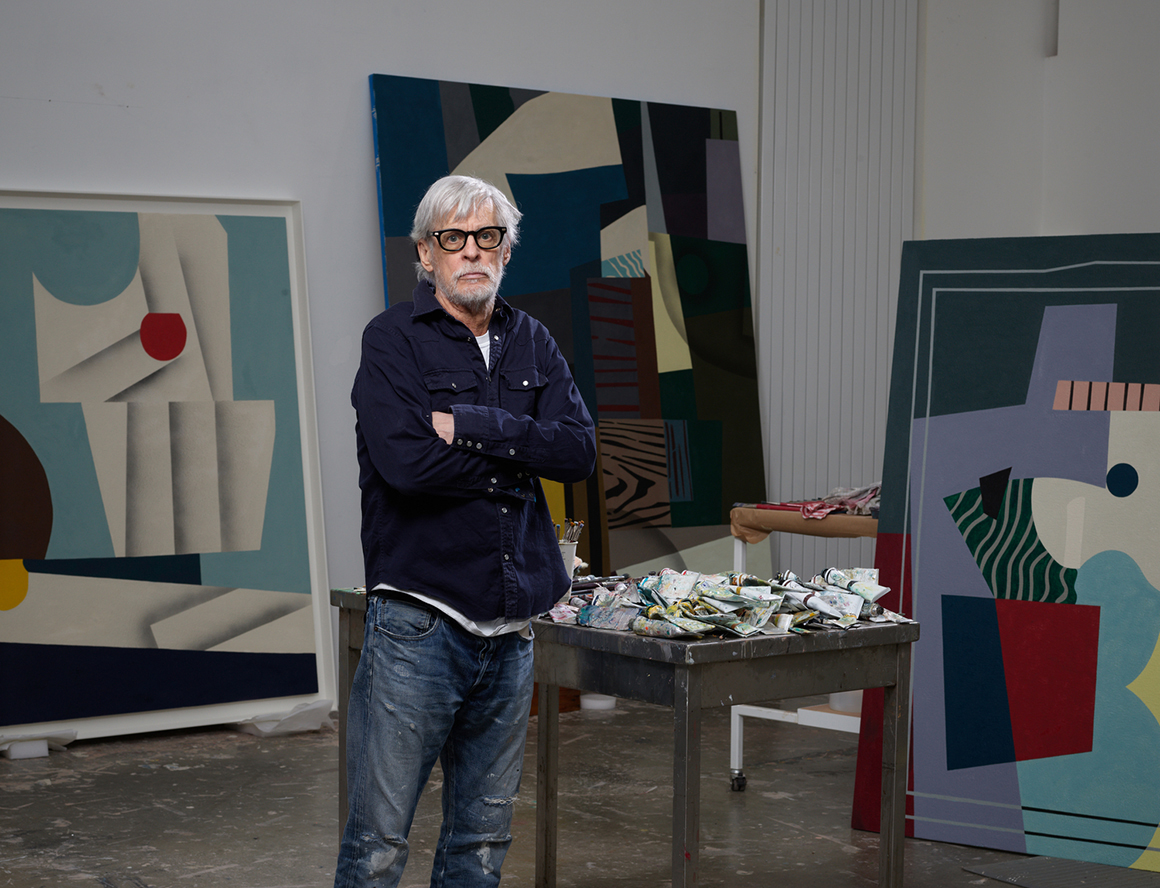The artist’s work across disciplines injected wit into oneiric self-portraits

Canadian conceptualist Rodney Graham has died aged 73, following a struggle with cancer. The news of his passing was confirmed by his galleries – 303 Gallery, Hauser & Wirth, Lisson Gallery, Galerie Rüdiger Schöttle and Esther Schipper.
Graham was born in 1949 in Vancouver. Associated with the ‘Vancouver School’ group of artists (whose other members exploring the intersections of lens-based media and conceptualism included Jeff Wall, Stan Douglas and Ken Lum), Graham’s work leaped across disciplines, from painting and sculpture to marrying performance with photography (in which he often played a starring role). Often appearing as lightbox diptychs or triptychs of interconnected panels, his large-scale photographs became known for an aesthetic and constructional precision that belied their playful sense of narrative mystery.
His 1994 work Halcyon Sleep featured the artist (in what he described as a ‘reverse kidnapping’) drugged up on Halcyon in the trunk of a car; in 2001’s Photokinetoscope he went on a cycle ride around Berlin’s Tiergarten on LSD, in homage to the Swiss scientist Albert Hoffman’s own trippy journey back in 1943.
Graham injected wit into his oneiric self-portraits – his work Vexation Island, shown at the 1997 Venice Biennale (at which he represented Canada), featured the artist as a seventeenth-century sailor asleep under a tree, who rises only to be knocked unconscious by a coconut (repeated in a nine-minute loop).
Back in 2018, Graham discussed his ‘performative self’ in relation to his works with ArtReview’s Mark Rappolt.
Nicholas Logsdail wrote in a statement: ‘We’ve lost our dear Rodney, a genius artist, dear friend, master of disguise, snappy dresser, supplier of dry humour, an amazing songwriter, always modest, an understated intellectual, gifted amateur, professional connoisseur, Sunday painter who seldom worked Sundays, ultimately a true professional in every sense of what it means to be an artist.’